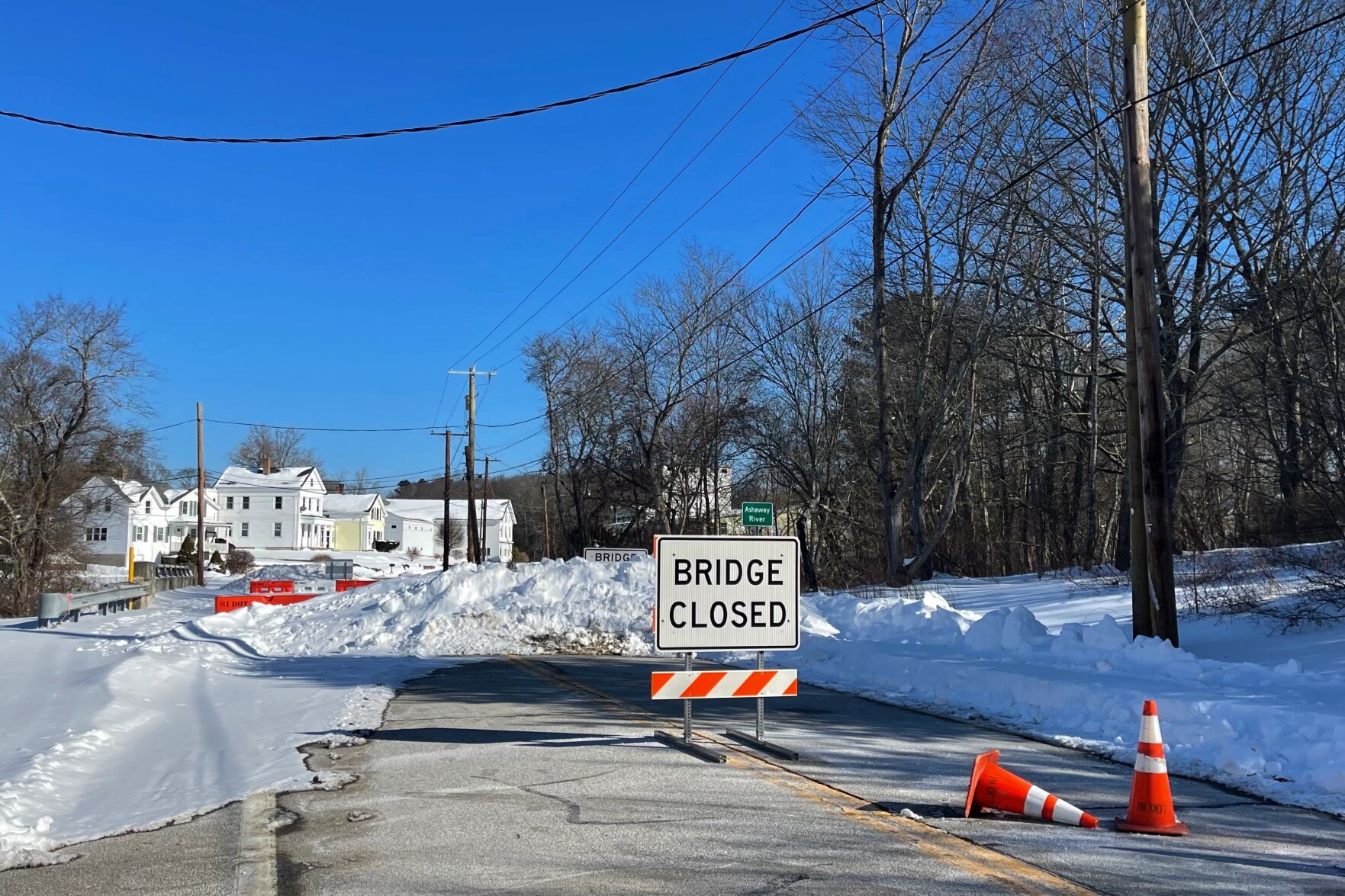The union representing Air Transat pilots has asked Canada’s federal labour minister to appoint a conciliator for their ongoing contract negotiations. By filing a formal notice of dispute, the union is signalling a significant development that could alter the future of the talks.
Air Transat pilots file notice of dispute in contract talks, seeks conciliator
Key Takeaways:
- The union representing Air Transat pilots formally filed a notice of dispute.
- They seek a federal conciliator to help advance stalled contract negotiations.
- The Air Transat Master Executive Council, under the Air Line Pilots Association, is leading the effort.
- The federal labour minister’s involvement could be pivotal in resolving the dispute.
- Published on September 15, 2025, this situation unfolds in the broader context of business operations.
The Formal Dispute Filing
The union representing Air Transat pilots has filed a notice of dispute with Canada’s federal labour minister, marking a new phase in the airline’s contract negotiations. By taking this step, the pilots’ group underscores its desire for a neutral facilitator to guide discussions with the company.
Why the Union Wants a Conciliator
In requesting a conciliator, the Air Transat Master Executive Council—represented by the Air Line Pilots Association—aims to have an impartial observer involved in the talks. The union believes that a conciliator could help bridge the gap in ongoing negotiations and potentially prevent further escalation.
Representing the Pilots: Air Transat Master Executive Council
The Master Executive Council is the primary body that articulates pilot concerns and coordinates strategy with the airline. Aligned with the Air Line Pilots Association, this council ensures that the pilots’ collective voice is heard. Its move to file a notice of dispute reflects a broader push to secure fair contract terms.
What to Watch Next
With the dispute notice filed, attention now turns to the federal government’s response. Should the labour minister appoint a conciliator, both parties will likely enter a more structured phase of negotiations. Industry observers and stakeholders will be watching closely to see whether this step helps break any deadlock and paves the way for an eventual agreement.











